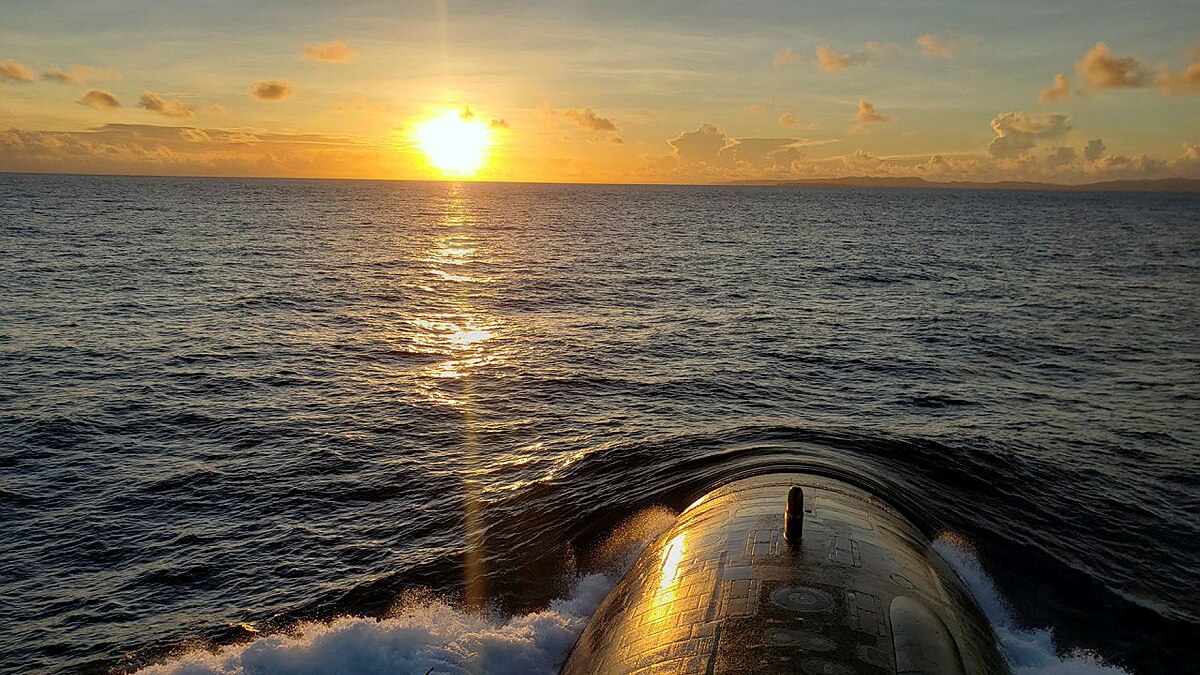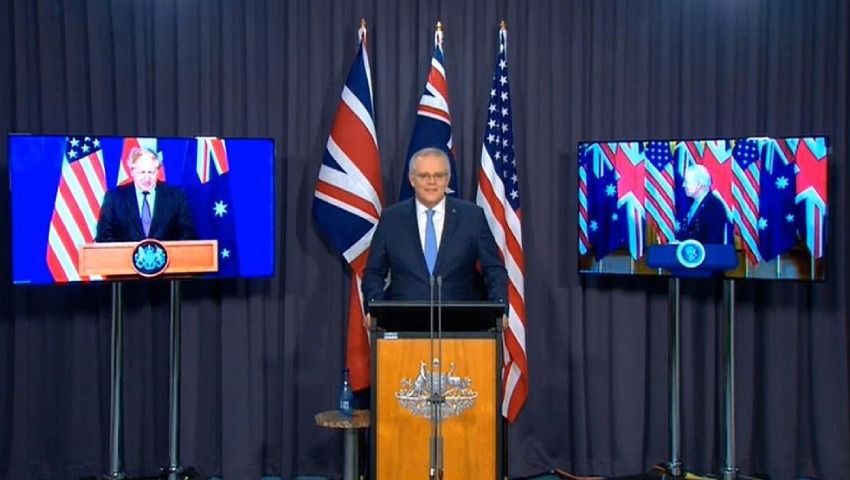
The defence minister, Richard Marles, has refused to say when American B-52 aircraft will start operating from the Northern Territory.
Asked a direct question about whether he knew when B-52 aircraft would start their deployments from the RAAF base in Tindal, 320km south-east of Darwin, he replied:
Look, I’m not about to go into those details. Again, we are working very closely with our American partners.
There is a significant force posture initiative that’s being undertaken between ourselves and the United States, which I might say is seeing enormous American investment in our northern bases here at Darwin and Tindal, but across the north, that [provides] a huge advantage for our country.
The B-52 is a long-range, heavy bomber that can carry out ocean surveillance and anti-ship operations and “can carry nuclear or precision guided conventional ordnance”



